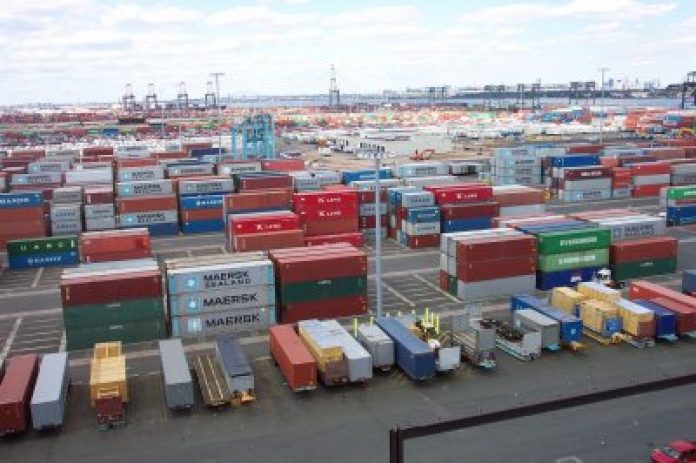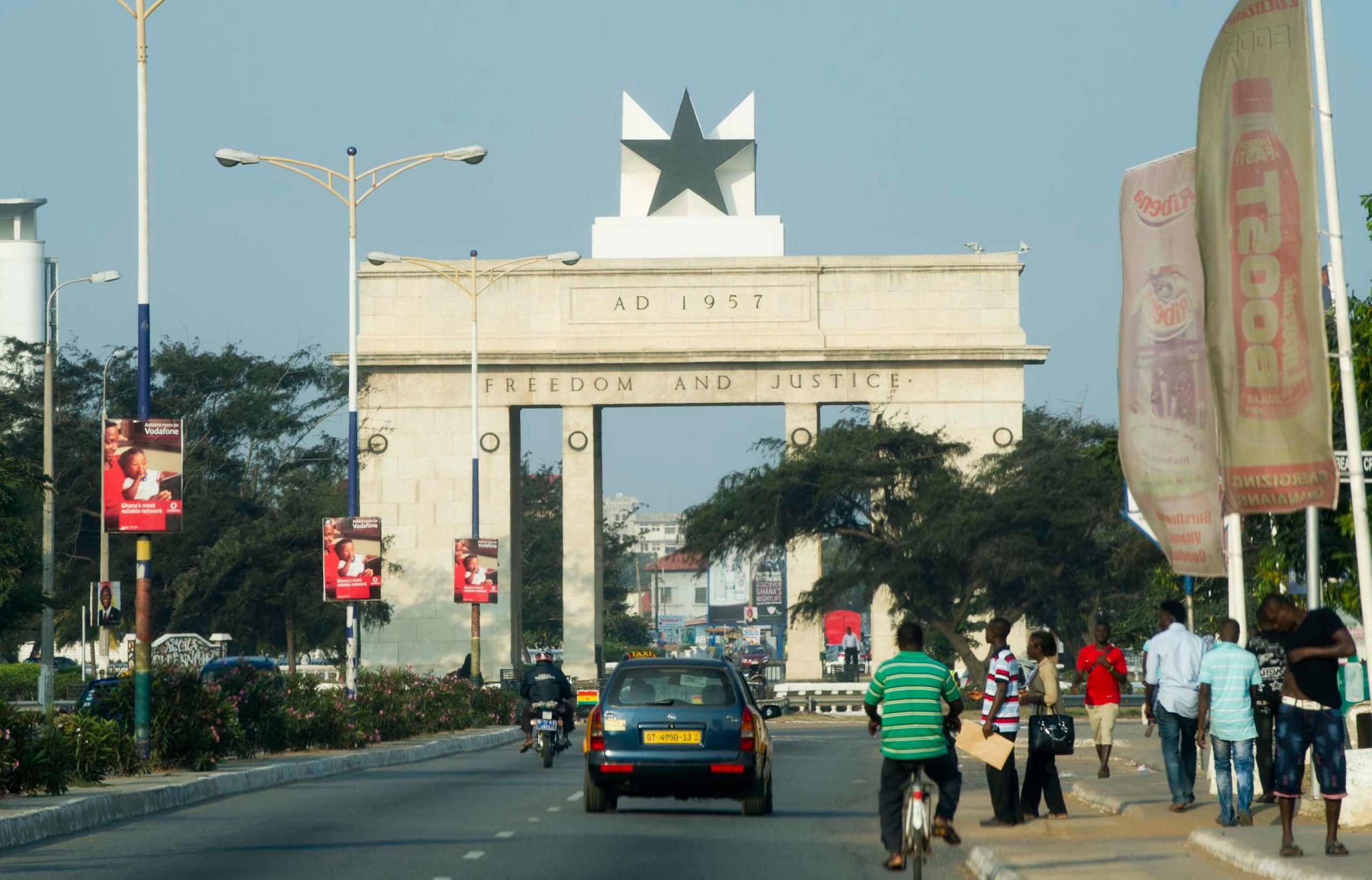Recently, Fitch, an American credit ratings company downgraded Ghana’s Long-term foreign currency Issuer Default Rating (IDR) to ‘B-‘ from ‘B with a negative outlook.” The rating company indicated that the downgrade reflected the country’s loss of access to capital markets in the second quarter of 2021, following the increase in government debt as a result of the pandemic.
“In our view, Ghana’s ability to deliver on planned fiscal consolidation efforts could be hindered by the heavier reliance on domestic debt issuance with higher interest costs, in the context of an already exceptionally high-interest expenditure to revenue ratio…Ghana’s effective loss of market access to international bond markets increases risks for its ability to meet medium-term financing needs,” a section of the report read.
What does the downgrade to (B-) mean?
Fitch assigns Issuer Default Ratings (IDR’s) to corporations, nations, and/or governments as well as financial institutions such as banks and insurance companies. The ratings are a reflection of the likelihood of a default in paying back a contractural financial obligation.
So, essentially you can think of the Issuer Default Rating as a credit rating that indicates the ability and willingness of a government to pay back its loans (both the principal and interest) within the established due dates.
The “B-“ rating, is an indication that the country has a significantly elevated level of default risk payment. That is, Ghana has a high risk of being unable to pay back or finance its loan obligation.
Fitch downgrading of Ghana to (B-): Why this rating is significant
Country’s with good credit ratings can easily secure funds from the international bond market (a ‘market’ where bonds are traded beyond the boundaries of nations) and also attain foreign direct investment.
A poor credit rating is an indication that a country cannot pay off its debt obligation. This is a turn-off to many investors.
With reference to Ghana, the downgrade to B- may spook investor confidence and cause investors to move away from investing in the country, hence stifling the country’s ability to receive foreign direct investment that is needed for growth and development. Also, with this poor rating, investors will not be driven to purchase government bonds, which the country uses to finance its debt plunging the country further into economic hardships.
ALSO READ THIS: EUROBONDS – a simple explanation of what they are
Fitch downgrading of Ghana to (B-) The rising debt and its Impact
As of the end of September 2021, Ghana’s public debt stock hit ¢341.8 billion equivalent to 77.8% of Gross Domestic Product (GDP). Between July and September 2021, ¢5.9 billion fresh loans were added to the total debt. As of the end of November 2021, Ghana’s debt-to-GDP ratio had hit 78.4%. Ghana’s debt crisis is expected to worsen with Reuters predicting a debt-to-GDP ratio of 85%.
A country’s debt-to-GDP ratio is simply a comparison of a country’s public debt to its annual economic output.
Before the impact of COVID-19 on the economy, the country was already experiencing an increase in debt levels. During the height of the pandemic, the government borrowed to help stimulate the economy by increasing spending and cutting down on taxes. However, as a result of the borrowing, the national debt increased exponentially against the nation’s economic output.
This leads to lower savings, lower national income, and higher interest payments. With the increase in government borrowing a higher percentage of savings, which is also needed for investment would go towards financing government bonds and securities. This would steer funds needed for such economic ventures as factories and improve the human resource capital of the nation.
Also, increased borrowing means higher interest payments. The government, in an effort to service this higher interest payment, will allocate more funds from its budget to ensure it meets its debt obligation to investors. As more of the public funds are directed towards interest payment, there will be fewer funds to spend on economic productive programs which leads to stifled economic growth and development.
Furthermore, the increase in debt will cause investors to lose confidence in the government’s ability to repay borrowings. Investors would thus begin to demand even higher interest rates on the debt. The higher increase in interest rates would reduce the market value (how much an asset is worth on the financial market) of outstanding government bonds and losses for investors. This inadvertently drives down business confidence and investment, lowers productivity, reduces wages of workers and leads to an overall economic slowdown. The economy thus begins to shrink.
Summary
To summarize discussions, let us analyze this from a different perspective. Let’s assume you wish to start a business. Within the first 6months, you are able to raise some capital from friends, family and the banks. The entities you borrowed from are all expecting interest to be paid on the loan they have given you within a specified time frame. Now, you have failed to pay off the loan (principal and interest) within the specified time. What happens?
Firstly, your image as a creditworthy individual is tarnished. Your friends, family and the banks you borrowed from now indicate to others that you are unable to pay off your loans. This will cause other people who wish to invest in your business to stay away. You are now unable to sustain your operational cost or pay your workers causing your business to stifle in growth and eventually collapse.
Let’s say you are also a very determined individual. In order not to lose your creditworthiness or your business, you may persist to get other people to borrow from. Now, you may decide to use a huge part of the additional money you borrowed to finance your previous debt leaving little for further business expansion activities and savings. Your previous investors are still worried about your inability to repay your debt so they ask for an increase in interest since you have defaulted. What happens next?
The pressure of paying the additional interest now gets to you and your new investors are also on your neck as well as the business that is not being productive enough to ensure you pay all your investors. Eventually, your business may fold up and you may declare bankruptcy.
This is the present state of Ghana’s economy!









